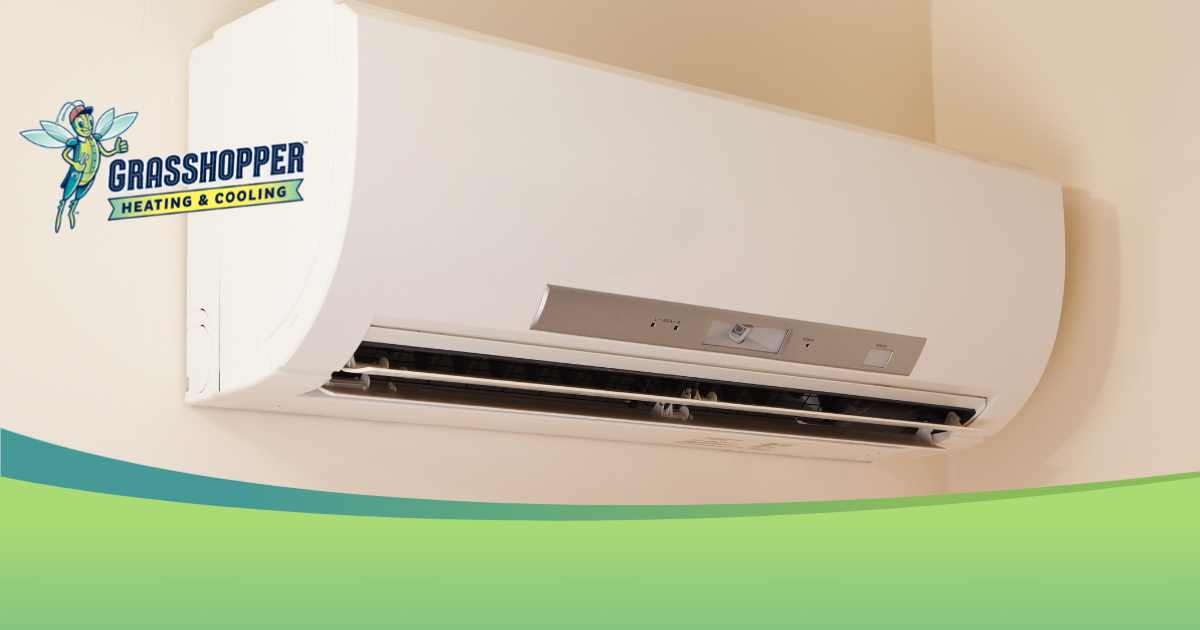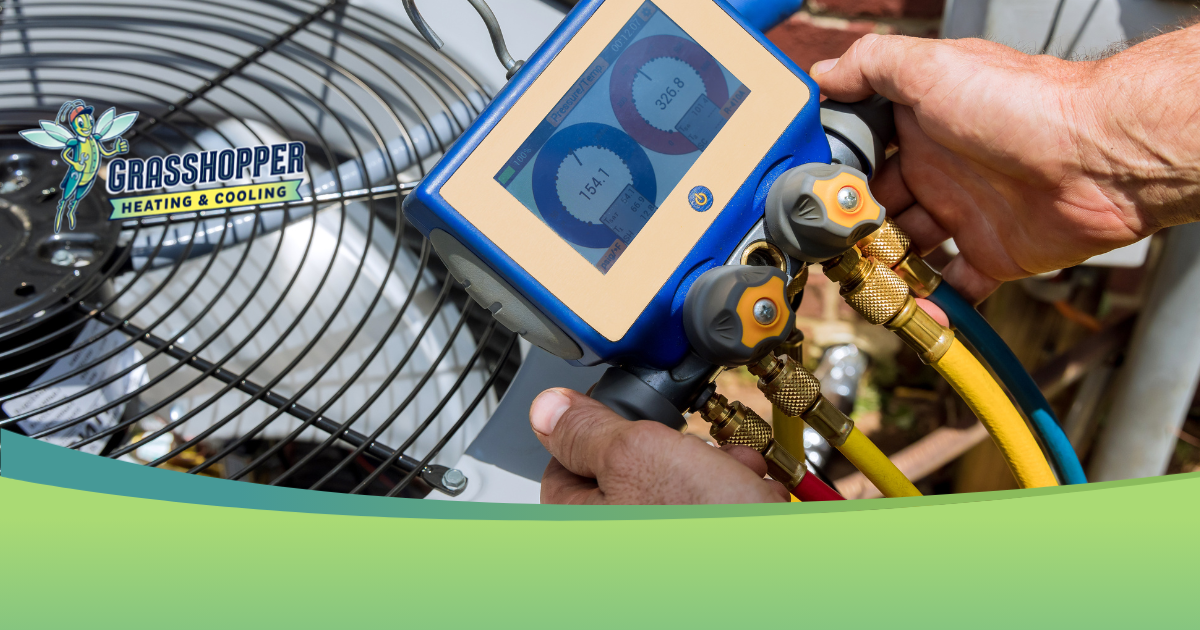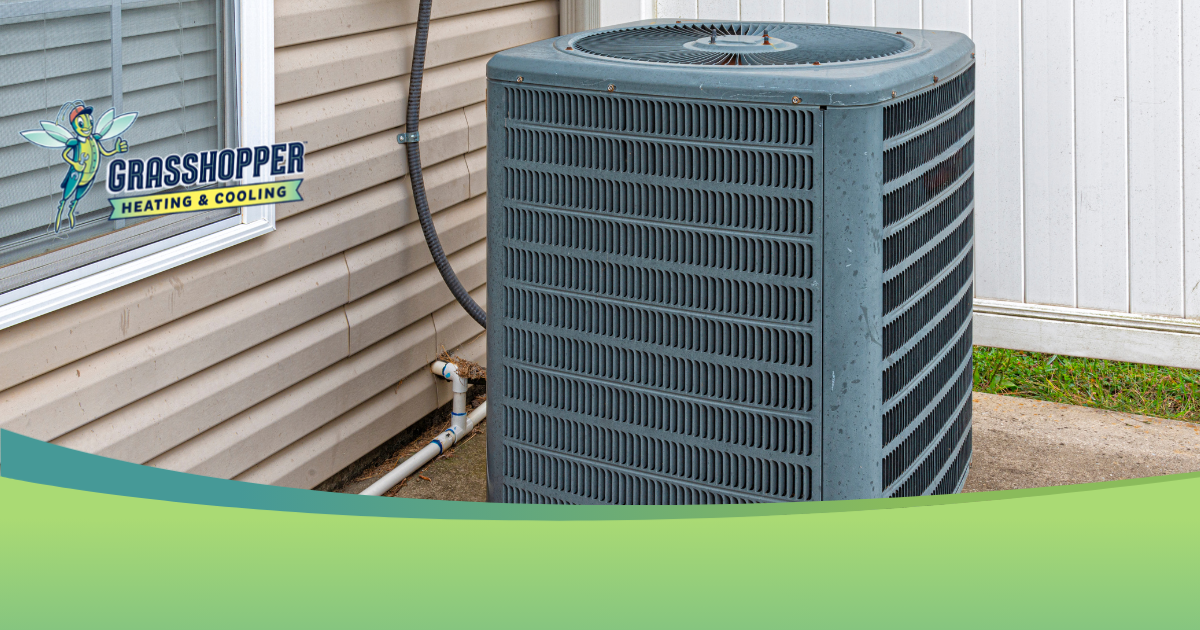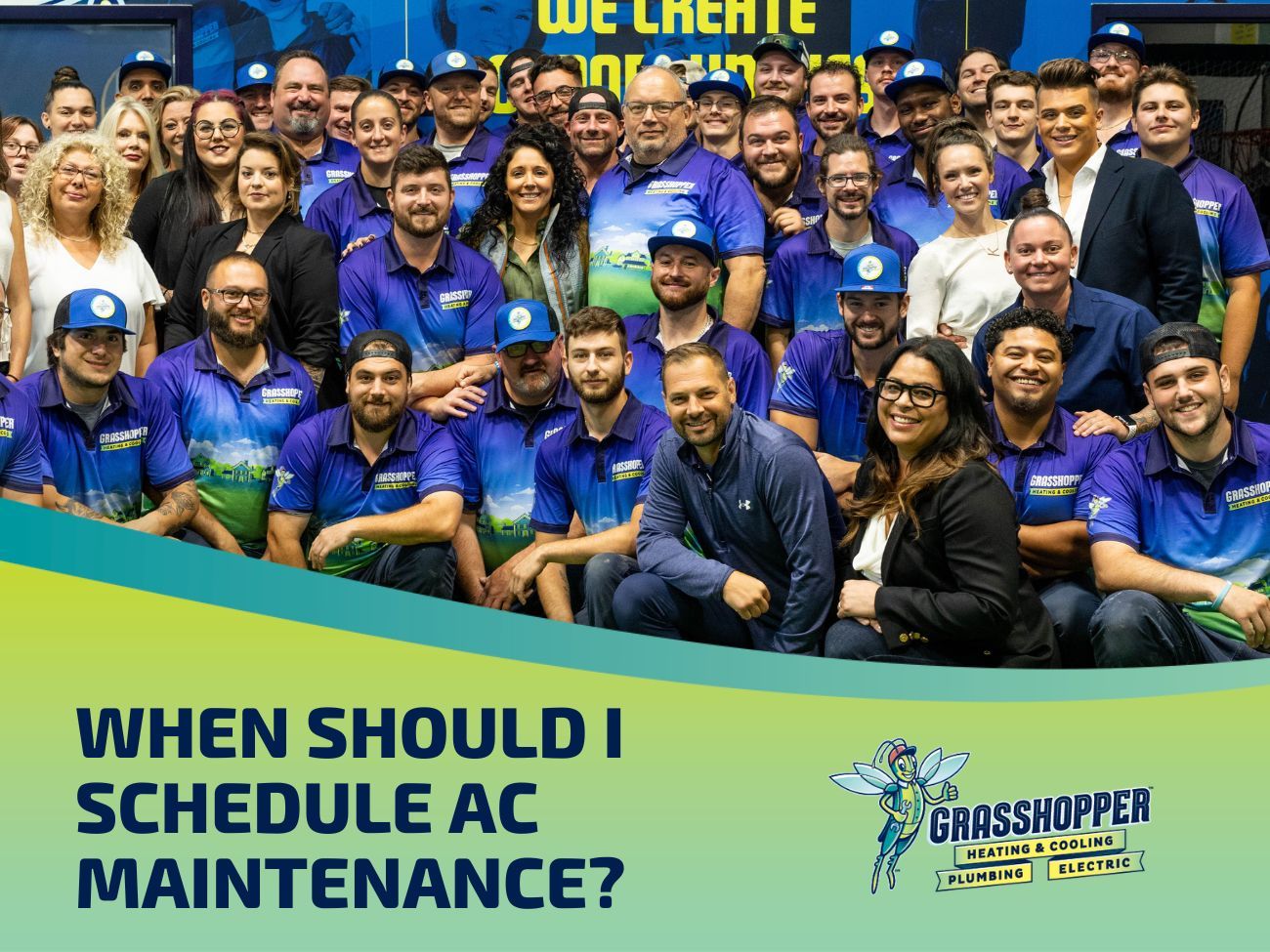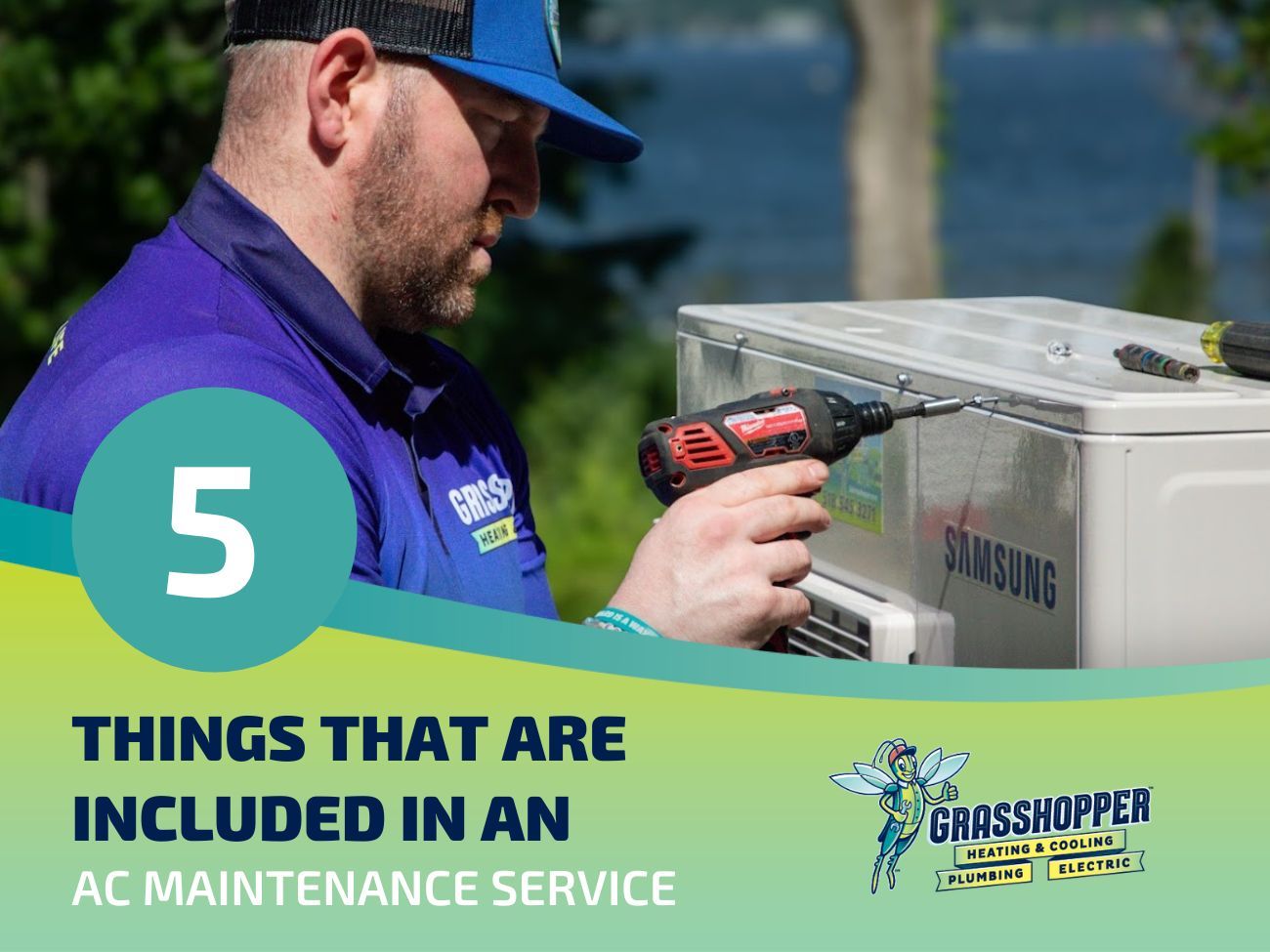How a Ductless System Can Improve Comfort Room by Room
Many homes struggle with hot and cold spots, rooms that never quite reach the right temperature, or spaces that your central HVAC system just can’t seem to handle effectively. If this sounds familiar, you’re not alone. Fortunately, there’s a smart, flexible solution that’s transforming how homeowners think about comfort: ductless mini-split systems.
These innovative systems offer precise, room-by-room climate control that can eliminate those frustrating temperature inconsistencies once and for all. Whether you’re dealing with a sun-soaked home office, a chilly basement, or a guest room that’s always too hot or too cold, ductless systems provide the customized comfort your home deserves.
What Is a Ductless (Mini-Split) System?
A ductless mini-split system consists of two main components: an outdoor unit and one or more indoor air handlers. These components are connected by refrigerant and power lines, but here’s the key difference—there’s no ductwork required. The outdoor unit houses the compressor and condenser, while the sleek indoor units handle air distribution directly into each room.
This simple design means minimal installation disruption. You won’t need extensive renovations or major construction work. Most installations require only a small 3-inch hole in the wall to connect the indoor and outdoor units.
Indoor units offer flexible mounting options to suit your space and aesthetic preferences. You can choose from wall-mounted, ceiling-mounted, or floor-mounted units, ensuring the system blends seamlessly with your home’s design.
Top 5 Ways a Ductless System Boosts Room-by-Room Comfort
Tailored Climate Control in Every Room (Zoned Comfort)
The biggest advantage of ductless systems is their ability to provide independent climate control for each room. Every indoor unit operates separately, allowing you to set different temperatures based on how each space is used and your personal preferences.
Imagine cooling your bedroom to the perfect sleeping temperature without over-cooling the rest of your home. Or keeping your home office comfortable during the day while letting unused rooms remain at more energy-efficient settings. This level of control simply isn’t possible with traditional central systems.
Real users have experienced remarkable results. One homeowner shared, “Mini-splits are easy to install and highly effective in cooling a room.” Another reported, “I installed a mini-split in the master bedroom… My power bill dropped roughly $100 a month.”
Superior Energy Efficiency
Traditional ducted systems can lose up to 30% of their energy through ductwork—but ductless systems eliminate this waste entirely. By delivering conditioned air directly into each room, these systems operate far more efficiently than conventional HVAC systems.
Energy Star-certified ductless models can use up to 60% less energy than conventional electric heating systems. This efficiency translates into significant savings on your utility bills, often paying for the system’s installation costs over time.
Quiet, Compact Operation
Ductless systems operate at whisper-quiet levels, with many indoor units producing as little noise as a gentle hum. This makes them perfect for bedrooms, home offices, or any space where noise could be disruptive.
The compact, space-saving design of indoor units means they won’t dominate your room’s aesthetics. Modern units feature sleek, unobtrusive designs that blend well with most interior styles.
Improved Indoor Air Quality
Without ductwork, ductless systems avoid the dust, allergens, and contaminants that can accumulate in traditional air ducts. Many ductless systems also include advanced multi-stage filtration systems that actively clean the air as they heat or cool your space.
This means cleaner, healthier air for your family—especially important for those with allergies or respiratory sensitivities.
Flexible, Fast, and Non-Disruptive Installation
Installation typically takes just one day and requires minimal disruption to your home. The small hole needed to connect indoor and outdoor units is far less invasive than installing new ductwork, which often requires opening walls and ceilings.
This makes ductless systems ideal for retrofit applications, home additions, converted spaces, and any area where traditional ductwork would be impractical or expensive to install.
Real-World Comfort Scenarios
Ductless systems excel in several specific situations:
Sun-drenched home offices or guest rooms can maintain perfectly cool temperatures without forcing your central system to overcool the entire house.
Home additions or sunrooms often lack proper ductwork connections. A ductless system provides immediate, customized comfort without expensive renovations.
Bedrooms with different temperature preferences allow family members to sleep comfortably without thermostat battles.
Converted spaces like finished basements, garage workshops, or attic rooms that central systems struggle to reach can finally achieve consistent comfort.
Considerations Before Installation
Before moving forward with a ductless system, assess which rooms need the most attention. Focus on spaces that get the most use or consistently have comfort issues.
Proper sizing and placement are crucial. An undersized system won’t provide adequate comfort, while an oversized system wastes energy and money. Professional assessment ensures you get the right capacity for your specific needs.
Consider the long-term investment. While ductless systems may have higher upfront costs than some alternatives, energy savings and available rebates often offset the initial expense. Many utility companies and manufacturers offer incentives that can significantly reduce installation costs.
Finally, remember that indoor units will be visible in your rooms. While modern designs are sleek and attractive, placement and aesthetics should be part of your planning process.
Why Work With Grasshopper Heating, Cooling & Plumbing
Proper installation makes all the difference in system performance and efficiency. Grasshopper’s experienced technicians understand the nuances of sizing, placement, and installation to ensure your ductless system delivers maximum comfort and efficiency.
Our team can also guide you through available rebates, tax credits, and energy incentives, including Energy Star benefits that can help offset installation costs. We provide full-service support, including ongoing maintenance and seasonal tune-ups to keep your system running smoothly.
Transform Your Home’s Comfort
Ductless systems represent a smart evolution in home comfort technology. They offer precise zoning capabilities, outstanding energy efficiency, quiet operation, and installation flexibility that traditional systems simply can’t match. For homeowners tired of dealing with uncomfortable rooms and inefficient heating and cooling, ductless systems provide a solution that truly transforms how you experience comfort in your home.
Ready to explore how ductless systems can solve your home’s comfort challenges? Contact Grasshopper Heating, Cooling & Plumbing for a no-obligation consultation. Our experts will assess your specific needs and help you discover the perfect ductless solution for your home.
